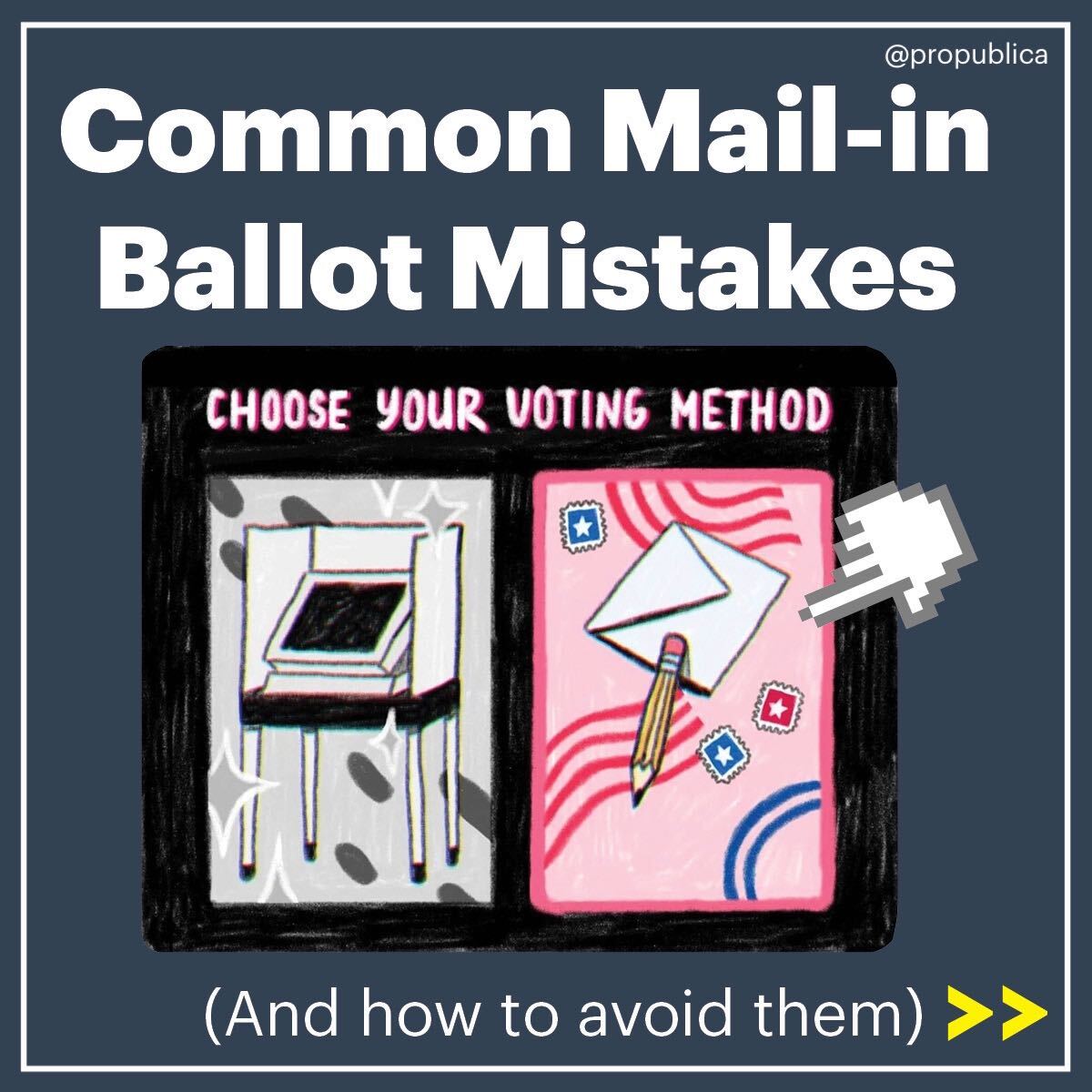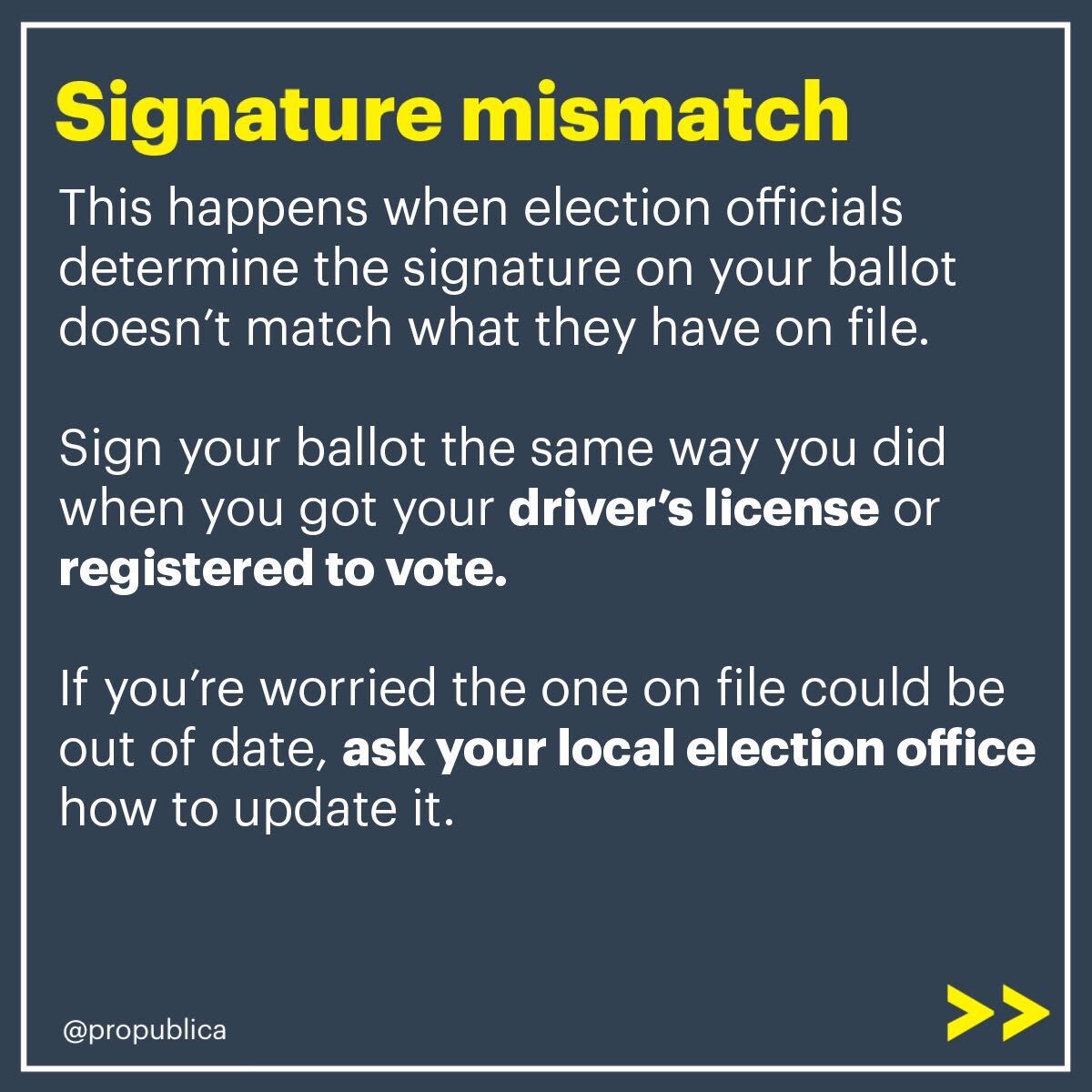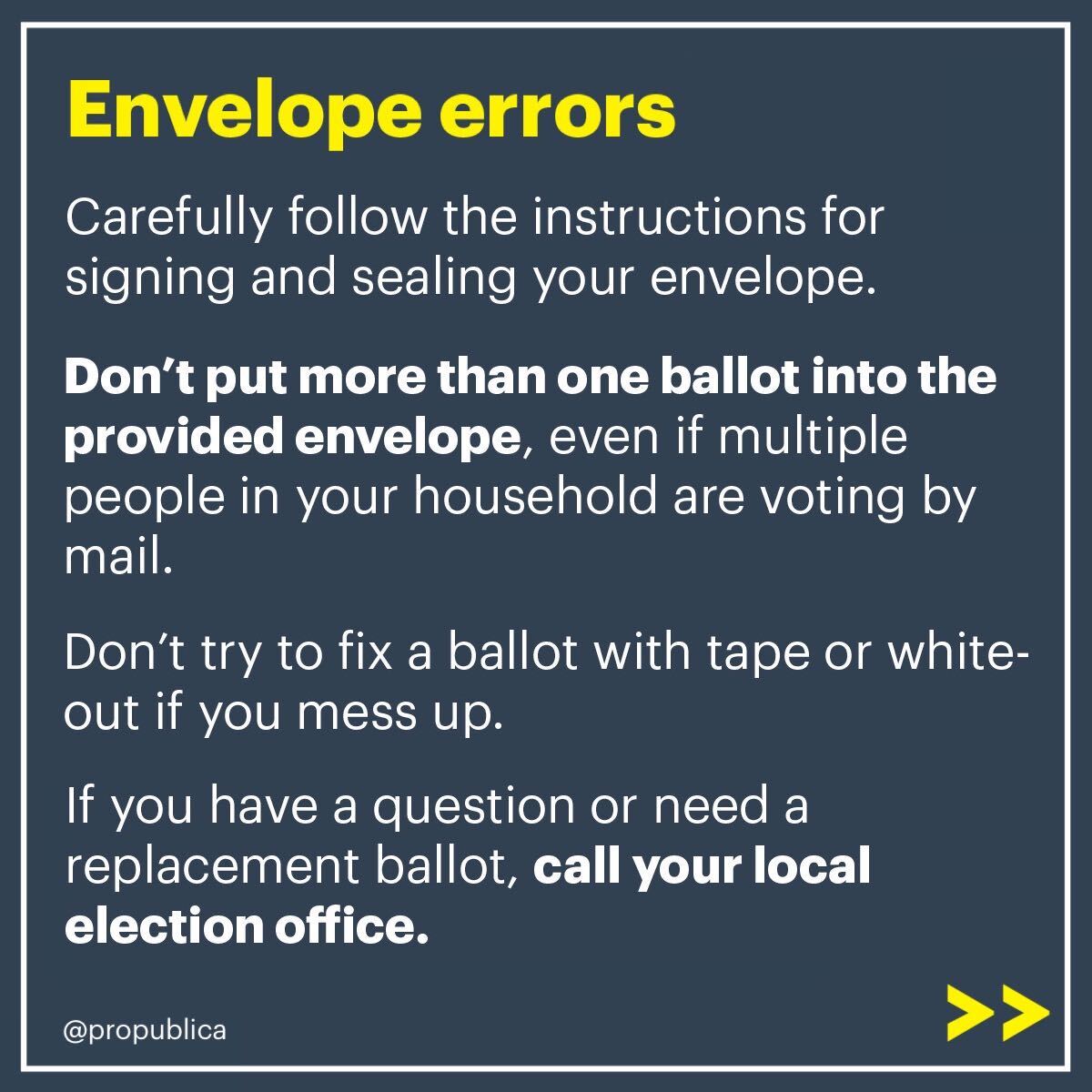
The NYC police commissioner has “unchecked power” over officer discipline.
This is what it looks like 👇
This is what it looks like 👇
2/ New York City’s Civilian Complaint Review Board can prosecute misconduct cases involving NYPD officers, but the police commissioner has the final word.
Frequently, that power is used to reduce or dismiss discipline penalties.
Frequently, that power is used to reduce or dismiss discipline penalties.
3/ Between 2014 and 2018, the CCRB “substantiated allegations” in about 2,400 cases out of the approximately 8,000 it was able to fully investigate.
Allegations are substantiated when the board agrees misconduct has occurred.
Allegations are substantiated when the board agrees misconduct has occurred.

4/ In about 600 of those cases, the CCRB took the most serious level of disciplinary action available: recommending "charges.”
If a plea can’t be negotiated, the CCRB usually prosecutes its case in front of an NYPD judge.
If a plea can’t be negotiated, the CCRB usually prosecutes its case in front of an NYPD judge.

5/ In at least 260 of those cases, the NYPD police commissioner disagreed with the CCRB on the final discipline.
This included downgrading or dismissing penalties, overturning plea agreements by officers and overruling NYPD judges.
This included downgrading or dismissing penalties, overturning plea agreements by officers and overruling NYPD judges.

6/ In nearly 40 of the most serious cases handled by the CCRB between 2014 and 2018, the NYPD police commissioner imposed no discipline at all. 

7/ In over 60 of the most serious cases, even after officers pleaded guilty and agreed to a specific discipline, the police commissioner imposed a different discipline — almost always lowering the punishment. 

8/ In 160 of those cases, the police commissioner departed from the CCRB and imposed his own discipline — often training or a reprimand. 

9/ When the police commissioner decides to disregard the recommendations of the CCRB or the department's own trial judges, no substantive explanation is required to the complainant or the public.
10/ Right now, the only check on the police commissioner’s power over discipline is the mayor.
11/ After we asked about the CCRB’s disciplinary recommendations, the NYPD put out a news release saying the current commissioner, Dermot Shea, has “meted out tough discipline when needed yet delivered tempered justice as the facts warrant.”
12/ The department's “longstanding, paramilitary style justice system” affords “wide latitude for rapid accountability and for real time operational maneuverability in times of public need,” the release said.
14/ And keep up with all our top investigations by signing up for the Big Story newsletter:
propublica.org/newsletters
propublica.org/newsletters
• • •
Missing some Tweet in this thread? You can try to
force a refresh






